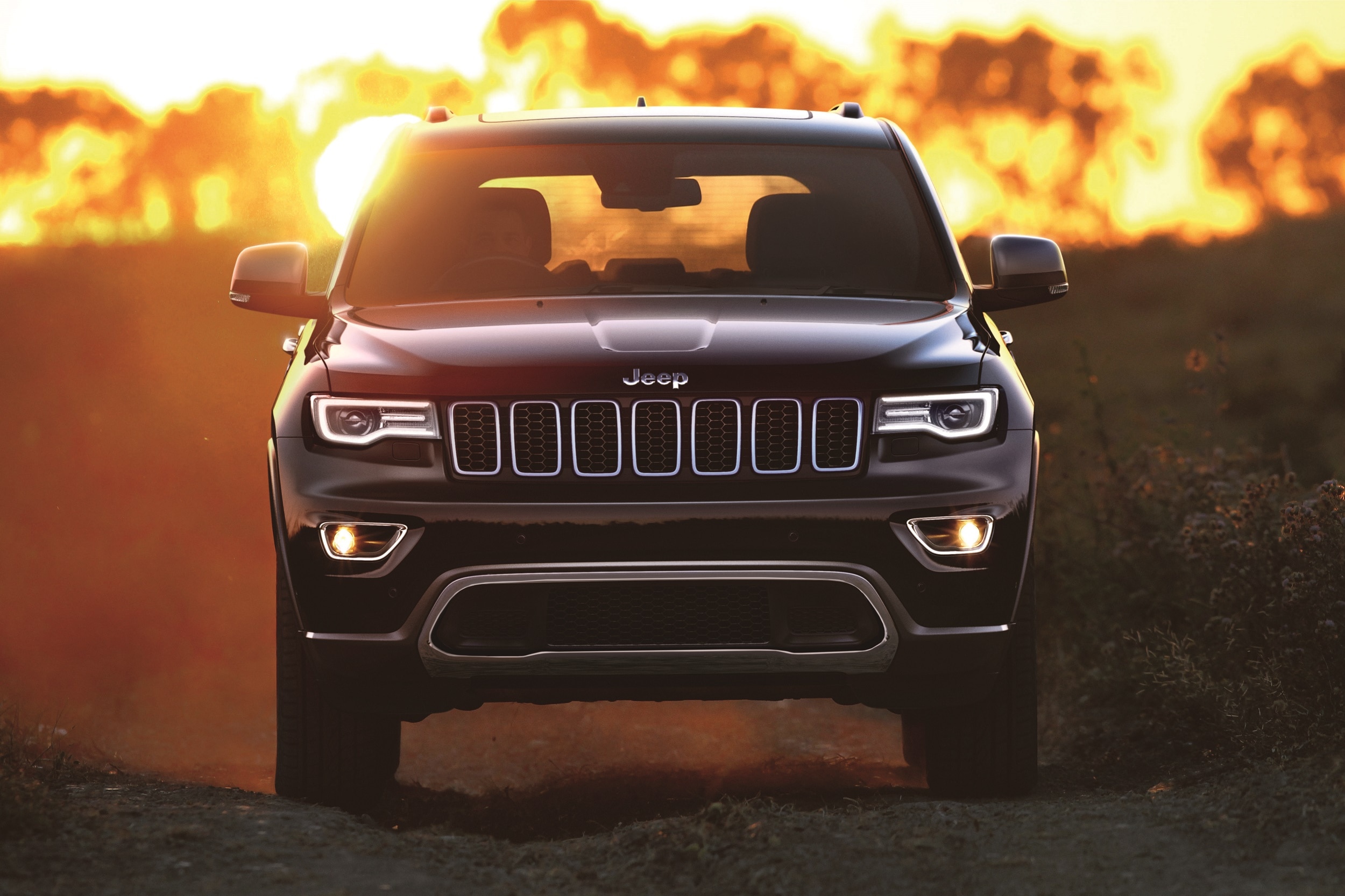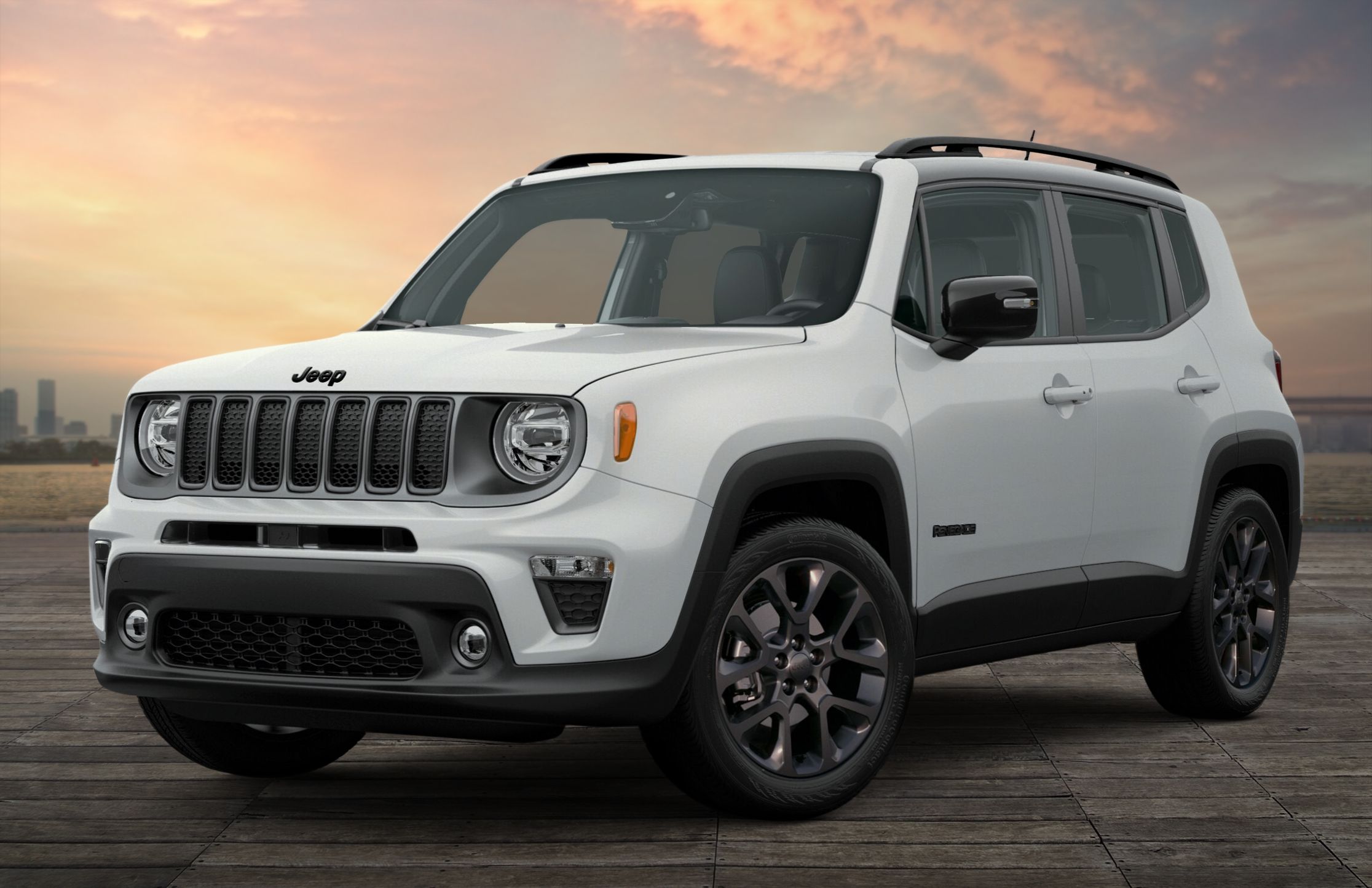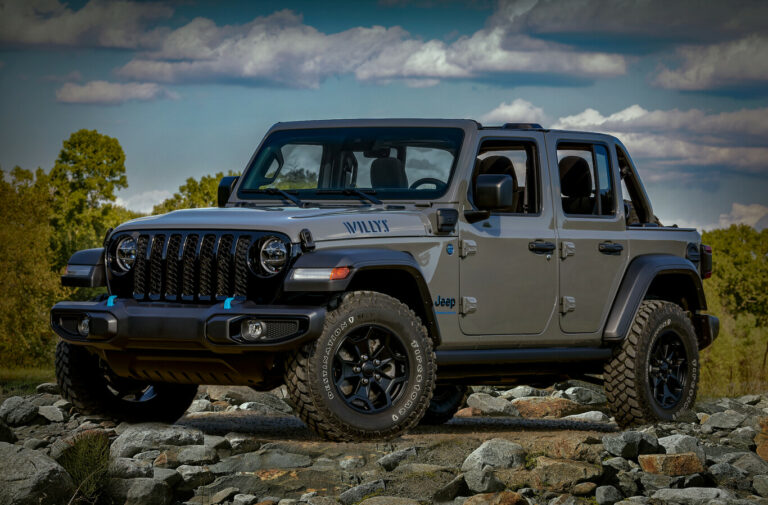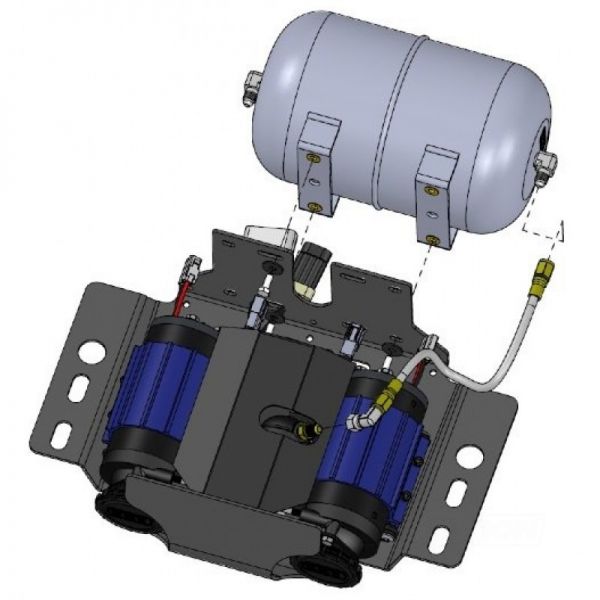Jeep Grand Cherokee Rims For Sale: Your Ultimate Guide to Enhancing Style and Performance
Jeep Grand Cherokee Rims For Sale: Your Ultimate Guide to Enhancing Style and Performance /jeeps.truckstrend.com
The Jeep Grand Cherokee is more than just an SUV; it’s an icon of rugged capability fused with refined luxury. Whether you’re navigating urban jungles, embarking on cross-country adventures, or tackling challenging off-road trails, your Grand Cherokee stands out. But what truly sets it apart, both in aesthetics and performance, are its rims. For many Grand Cherokee owners, the decision to look for "Jeep Grand Cherokee Rims For Sale" isn’t just about replacing a damaged wheel; it’s about making a statement, enhancing performance, or unlocking new levels of customization.
Rims, often interchangeably called wheels, are the foundational components that connect your tires to your vehicle’s axle. They bear the brunt of road forces, contribute significantly to handling dynamics, and play a pivotal role in your vehicle’s overall appearance. This comprehensive guide will delve into everything you need to know when exploring Jeep Grand Cherokee rims for sale, helping you make an informed decision that perfectly matches your needs, style, and budget.
Jeep Grand Cherokee Rims For Sale: Your Ultimate Guide to Enhancing Style and Performance
Understanding Jeep Grand Cherokee Rim Specifications
Before diving into the vast market of Jeep Grand Cherokee rims for sale, it’s crucial to understand the technical specifications that define compatibility and performance. Getting these wrong can lead to costly mistakes, compromised safety, or simply a wheel that doesn’t fit.
- OEM vs. Aftermarket: Original Equipment Manufacturer (OEM) rims are those that came with your Grand Cherokee from the factory. Aftermarket rims are produced by third-party companies, often offering a wider range of styles, materials, and performance characteristics. While OEMs guarantee a perfect fit and often retain factory aesthetics, aftermarket options provide unparalleled customization.
- Bolt Pattern: This is perhaps the most critical specification. The vast majority of Jeep Grand Cherokees (from WK, WK2, to the latest WL generation) utilize a 5x127mm (or 5×5 inch) bolt pattern. This means there are five lug holes, and they are arranged in a circle with a diameter of 127mm. Always double-check this for your specific model year.
- Diameter: Measured in inches, this refers to the overall size of the rim (e.g., 17-inch, 18-inch, 20-inch, 22-inch). Larger diameters often accommodate larger brake calipers and can enhance visual appeal, but may result in a harsher ride due to lower-profile tires.
- Width: Also in inches, this is the measurement across the rim from lip to lip (e.g., 8-inch, 9-inch, 10-inch). The rim width must be compatible with your chosen tire width for proper fitment and performance.
- Offset: Measured in millimeters, offset is the distance from the wheel’s mounting surface to the centerline of the wheel. A positive offset means the mounting surface is towards the outside of the wheel, pulling the wheel closer to the vehicle’s body. A negative offset pushes the wheel further out, creating a wider stance. Correct offset is vital for preventing rubbing issues with suspension components or fender wells, especially when installing wider tires or lift kits.
- Center Bore: This is the hole in the center of the wheel that fits over the vehicle’s hub. It’s crucial for the wheel to be hub-centric, meaning the center bore matches the hub diameter precisely. Grand Cherokees typically have a 71.5mm center bore. If an aftermarket rim has a larger center bore, hub-centric rings are used to ensure a snug, vibration-free fit.

Why Upgrade Your Grand Cherokee’s Rims?
The decision to seek out new Jeep Grand Cherokee rims for sale often stems from several motivations, ranging from purely aesthetic to performance-driven.
- Aesthetic Transformation: This is arguably the most common reason. New rims can drastically alter your Grand Cherokee’s appearance, giving it a more aggressive, luxurious, sporty, or rugged look. With countless designs, finishes, and sizes available, you can truly personalize your vehicle to reflect your style.
- Performance Enhancement: Lighter aftermarket rims can reduce unsprung weight, leading to improved handling, better acceleration, and even marginal gains in fuel efficiency. For off-road enthusiasts, stronger, more durable rims designed for impacts and extreme conditions are a must. Specific offsets can also widen the vehicle’s track for increased stability.
- Tire Compatibility: If you plan to install larger off-road tires or performance-oriented street tires, your stock rims might not be wide enough or have the correct offset. Upgrading rims allows you to properly fit your desired tire size, ensuring optimal contact patch and clearance.
- Damage Replacement: Accidents, potholes, or curb rash can bend, crack, or severely damage existing rims. Replacing a single damaged rim or a full set ensures safety and restores your vehicle’s pristine look.
- Seasonal Swaps: Many owners opt for a dedicated set of winter rims (often smaller diameter steel wheels) and tires, preserving their primary set and improving winter traction.

Types of Rims Available for Grand Cherokees
The market for Jeep Grand Cherokee rims for sale offers a bewildering array of choices, primarily categorized by material, finish, and style.
- Materials:
- Alloy Wheels (Cast): The most common type, made by pouring molten aluminum alloy into a mold. They are lighter than steel, offer excellent design flexibility, and dissipate heat well. They are suitable for most daily driving and light off-roading.
- Alloy Wheels (Forged): Made by pressing a solid block of aluminum under high pressure. This process creates an incredibly strong, dense, and lightweight wheel. Forged rims are ideal for high-performance applications and serious off-roading, but they come at a premium price.
- Steel Wheels: Heavier and less aesthetically diverse than alloy, but incredibly durable and often more affordable. They are commonly used for winter setups or heavy-duty off-road applications where resilience is prioritized over weight savings or intricate designs.
- Finishes: The finish dramatically impacts the rim’s appearance. Popular options include:
- Chrome: A classic, shiny, reflective look.
- Black (Gloss/Matte): Modern, aggressive, and very popular for a "blacked-out" or rugged look.
- Machined/Polished: A bright, metallic look with exposed aluminum accents.
- Custom Painted/Powder Coated: Offers endless possibilities for color matching or unique contrasts.
- Style/Design: From multi-spoke, mesh, and five-spoke designs to deep-dish and concave profiles, the stylistic choices are vast. For off-roaders, simulated or functional beadlock rims offer enhanced tire retention at low pressures.
Where to Find Jeep Grand Cherokee Rims For Sale
The journey to find the perfect Jeep Grand Cherokee rims for sale can take you through various channels, each with its own advantages and disadvantages.
- Online Retailers: Websites like Tire Rack, Discount Tire, 4 Wheel Parts, Summit Racing, and dedicated wheel and tire specialists offer a massive selection, competitive pricing, and often provide visual configurators to see how rims look on your specific Grand Cherokee model. Amazon and eBay also host many sellers, but caution is advised regarding authenticity and customer support.
- Local Tire Shops & Automotive Stores: These brick-and-mortar establishments offer personalized advice, professional installation services, and often have a selection of popular brands in stock. They can guide you through compatibility issues and help with tire mounting and balancing.
- Dealerships: While typically more expensive, Jeep dealerships offer genuine OEM replacement rims, ensuring a perfect fit and factory aesthetics. They are a reliable source for exact replacements but limited in aftermarket options.
- Used Marketplaces: Websites like Craigslist, Facebook Marketplace, and dedicated Jeep forums can be treasure troves for used rims at significantly lower prices. However, exercise extreme caution: inspect rims thoroughly for cracks, bends, or damage, as sellers may not disclose defects. Always verify bolt patterns and other specs.
Crucial Considerations Before You Buy
Purchasing new rims is a significant investment. Take these critical considerations into account to ensure a successful and satisfying purchase.
- Compatibility is King: We cannot stress this enough. Reconfirm the bolt pattern (5x127mm), diameter, width, offset, and center bore for your specific Grand Cherokee model year. Use online fitment guides or consult with a reputable wheel and tire specialist.
- Budget vs. Quality: Determine your budget early on. While tempting to go for the cheapest option, remember that quality directly correlates with safety and durability. Reputable brands may cost more upfront but offer better performance and longevity.
- Intended Use: Will your Grand Cherokee be a daily commuter, an occasional off-roader, or a dedicated trail rig? Choose rims designed for your primary use case. Lightweight street rims may not withstand aggressive off-roading, and heavy-duty off-road rims might compromise on-road performance.
- Tire Fitment: Your rims and tires work as a system. Ensure your chosen rims are compatible with the tires you plan to use. Larger diameter rims often require lower-profile tires, which can impact ride comfort. Wider rims might necessitate fender flares or suspension modifications to prevent rubbing.
- TPMS (Tire Pressure Monitoring System): Modern Grand Cherokees are equipped with TPMS sensors. You’ll need to transfer your existing sensors to the new rims, purchase new compatible sensors, or have them reprogrammed. Factor this cost into your budget.
- Warranty and Returns: Understand the warranty policy on new rims and the return policy, especially when buying online. For used rims, assume no warranty.
The Buying Process: How to Choose the Perfect Rims
- Identify Your Needs: What’s your primary goal? Style, performance, off-road capability, or a balance?
- Determine Your Budget: This will narrow down your options significantly.
- Research Compatibility: Use your Grand Cherokee’s exact year, make, and model to find compatible sizes and offsets.
- Browse Styles: Look at various designs and finishes. Use online configurators to virtually "try on" rims on your vehicle.
- Read Reviews: Check reviews for brands and specific rim models to gauge quality, durability, and customer satisfaction.
- Consult Experts: Don’t hesitate to call or visit a reputable wheel and tire shop for professional advice.
- Factor in Tire Choice: Decide on your tires first if they dictate the rim size/width, or choose rims and then select compatible tires.
- Consider Installation: Will you install them yourself (if you have the tools and expertise) or pay for professional installation?
Installation and Post-Purchase Care
Once you’ve found the perfect Jeep Grand Cherokee rims for sale and made your purchase, proper installation and maintenance are key to longevity and performance.
- Professional Installation: While technically possible for DIYers, professional installation is highly recommended. Shops have specialized equipment for mounting and balancing tires without damaging the rims and ensure proper torque specifications are met.
- Torque Specifications: Always ensure lug nuts are tightened to the manufacturer’s specified torque. Overtightening can warp rotors or damage studs, while undertightening can lead to loose wheels. Re-torque after 50-100 miles of driving.
- Regular Cleaning: Clean your rims regularly with appropriate wheel cleaners to prevent brake dust and road grime buildup, which can damage finishes.
- Inspection: Periodically inspect your rims for any signs of damage, such as bends, cracks, or corrosion, especially after hitting potholes or off-road excursions.
Price Table: Estimated Costs for Jeep Grand Cherokee Rims
Prices for Jeep Grand Cherokee rims can vary significantly based on material, brand, size, and complexity of design. The table below provides a general estimate per rim, excluding tires, mounting, balancing, or TPMS sensors.
| Type of Rim | Material | Size Range (Diameter) | Price Range (Per Rim) | Notes / Pros |
|---|---|---|---|---|
| Basic Aftermarket | Cast Alloy | 17" – 20" | $120 – $250 | Good value, wide variety of styles, suitable for daily use. |
| Mid-Range Aftermarket | Cast Alloy | 18" – 22" | $250 – $500 | Enhanced designs, better finishes, reputable brands. |
| Premium Aftermarket | Cast Alloy / Flow Formed | 20" – 24" | $500 – $800+ | Advanced manufacturing (e.g., flow-formed for lighter weight), high-end finishes, performance-oriented. |
| Forged Performance | Forged Alloy | 20" – 24"+ | $800 – $2000+ | Extremely lightweight and strong, ideal for high-performance/racing. |
| Off-Road Specific | Cast Alloy / Steel | 17" – 20" | $150 – $400 | Designed for durability, often with aggressive offsets, some with simulated/functional beadlocks. |
| OEM Replacement | Cast Alloy | Varies by Model | $200 – $700+ | Exact factory match, often pricier than basic aftermarket. |
| Used Rims | Varies | Varies | $50 – $300+ | Potentially great deals, but higher risk of hidden damage. |
Note: These are estimated prices per single rim. A full set (4 rims) would be four times the listed price.
Frequently Asked Questions (FAQ) about Jeep Grand Cherokee Rims
Q1: What is the common bolt pattern for a Jeep Grand Cherokee?
A1: The most common bolt pattern for Jeep Grand Cherokees (including WK, WK2, and WL generations) is 5x127mm (or 5×5 inches). Always verify for your specific model year.
Q2: Can I put larger diameter rims on my Grand Cherokee?
A2: Yes, you can typically go up a few inches in diameter (e.g., from 18-inch to 20-inch or 22-inch) while maintaining proper tire diameter. However, larger rims often require lower-profile tires, which can affect ride comfort and potentially increase susceptibility to damage from potholes. Always ensure proper clearance with suspension and fender wells.
Q3: Do I need new TPMS sensors when I buy new rims?
A3: If your Grand Cherokee has TPMS, you’ll need sensors in your new rims. You can often transfer your existing sensors, or purchase new compatible ones. New sensors will likely need to be programmed to your vehicle.
Q4: What is "offset" and why is it important for my Grand Cherokee?
A4: Offset is the distance from the wheel’s mounting surface to its centerline. It dictates how far the wheel sits in or out relative to the vehicle. Correct offset is crucial for preventing the tire from rubbing against suspension components or the fender, especially when installing wider tires or lift kits. It also affects the vehicle’s stance and handling.
Q5: Are replica or "knock-off" rims safe to buy?
A5: While often cheaper, replica rims can vary wildly in quality and may not meet the same safety and durability standards as OEM or reputable aftermarket brands. They might be prone to bending, cracking, or premature failure. For safety, it’s generally recommended to stick with established brands.
Q6: Will new rims affect my Grand Cherokee’s ride quality or fuel economy?
A6: Yes, they can. Larger diameter rims with lower-profile tires typically result in a firmer, potentially harsher ride. Heavier rims can slightly decrease fuel economy and impact acceleration, while lighter rims can offer marginal improvements in both areas and enhance handling.
Conclusion
Exploring Jeep Grand Cherokee rims for sale opens up a world of possibilities for personalizing and enhancing your vehicle. Whether you’re aiming for a sleek, luxurious aesthetic, rugged off-road capability, or improved on-road performance, the right set of rims can truly transform your Grand Cherokee. Remember that meticulous research, understanding critical specifications, and considering your driving needs are paramount to making a wise investment. By choosing wisely, you not only elevate your Grand Cherokee’s appearance but also optimize its performance, ensuring many more miles of enjoyable and stylish adventures.
![]()




